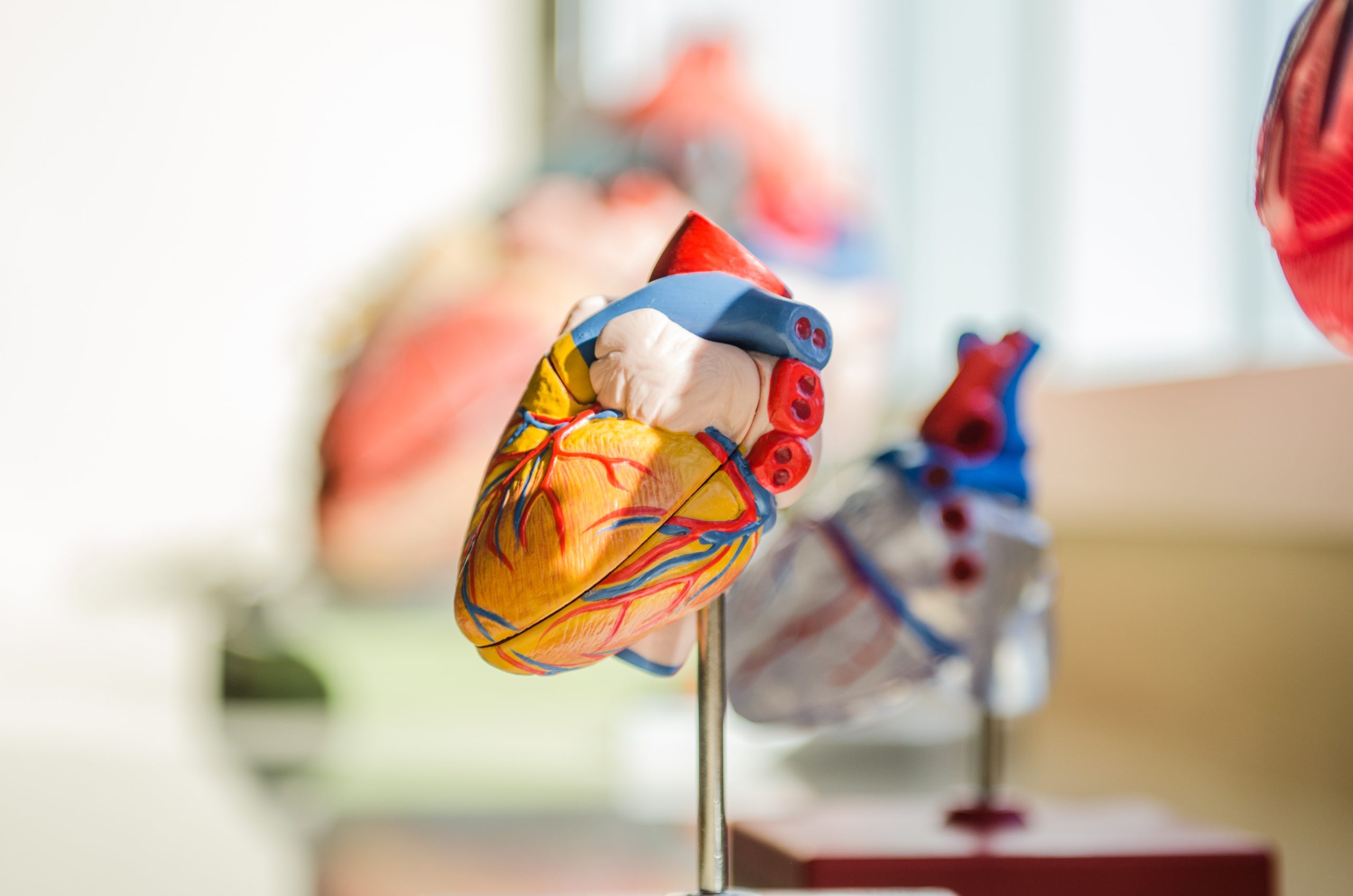Nurse Types / Cardiac Nurse Practitioner
Heart health is a major focus of healthcare providers. Preventing heart disease reduces your risk for a heart attack or stroke. The most recent data from the U.S. Centers for Disease Control and Prevention reveal that more than 30 million adults have a diagnosed heart disease. Every year, 1 out of 4 people in the U.S. dies from heart disease. It is the leading cause of death among adults in the U.S.
Cardiac nurse practitioners (CNPs) are part of a team of medical professionals who safeguard heart health. They offer preventative care and diagnosis and treatment for cardiac conditions.
In this article we will explore:
- What is a cardiac nurse practitioner?
- What are cardiac nurse practitioner job duties?
- Where do CNPs work?
- What are the steps to becoming a CNP?
- What is the CNP salary and job outlook?
What is a cardiac nurse practitioner?
Cardiac nurse practitioners (CNPs) are specialized advanced practice registered nurses (APRNs). They help care for patients with acute and chronic heart diseases. Heart conditions can be electrical or structural and affect the heart’s blood vessels. Cardiac nurse practitioners are part of a cardiac care team that develops treatment plans for heart patients. They also can assist with heart surgeries and other cardiac procedures, as well as perform before and aftercare.
Cardiology nurses and cardiac nurse practitioners are not the same. Cardiac NPs differ from cardiology nurses in their scope of practice. CNPs hold a Master of Science in Nursing or a Doctor of Nursing Practice degree. Unlike cardiology nurses, CNPs can diagnose heart conditions, develop treatment plans, and prescribe medications and controlled substances in all 50 states, including Washington, D.C.
What are cardiac nurse practitioner duties?
The most common job duties include conducting physical exams, educating patients and their families about heart disease, and prescribing medications. Other responsibilities can vary by employer and include:
- Administering “stress tests” and interpreting the results
- Assisting with cardiac catheterization procedures (including stenting)
- Collaborating with members of the cardiac care team to create and administer care plans for patients
- Conducting patient risk assessments for developing cardiovascular disease
- Designing treatment plans for cardiac patients
- Monitoring patients after cardiac procedures
- Ordering, performing, and interpreting diagnostic and lab tests for heart patients
- Preparing patients for surgeries and other cardiac procedures
- Prescribing medications as part of a cardiac care plan
Some cardiac nurse practitioners may focus on researching cardiac diseases and treatments. Nurses who possess a DNP degree often work for research clinics or educational institutions and are more likely to conduct research and scientific studies or teach cardiac care classes to students.
Where do CNPs work?
Cardiac nurse practitioners can work in any healthcare facility where cardiac care is administered. This includes cardiac care units, community health centers, hospitals, cardiac outpatient rehabilitation clinics, or private physician offices.
Some other places where CNPs might work include:
- Ambulatory care centers
- Cardiac intensive care units
- Emergency rooms
- State and federal health departments
- Home healthcare agencies
- Palliative care
- Veteran healthcare facilities
What are the steps to becoming a CNP?
As with other nurse practitioner specialties, it is a long and tenuous journey to becoming a CNP. Years of schooling, clinical hours, and state or national licensure are required. The level of education, experience, and licensure required aligns with the level of care cardiac nurse practitioners administer to their patients. Here are the steps involved in becoming a CNP.
Become a registered nurse. Perspective nurses must earn an associate degree in nursing or a Bachelor of Science in Nursing degree. Then you must pass the NCLEX-RN exam.
Earn a graduate or postgraduate degree. Make sure the program is accredited by the Accreditation Commission for Education Nursing (ACEN) or the Commission on Collegiate Nursing Education (CCNE). Choose courses that focus on cardiac care.
Gain experience. Before becoming a certified cardiac NP, about 2,000 hours of clinical practice in cardiovascular nursing must be completed. Another 30 hours of CEUs over the course of three years is also needed after ANCC certification.
Get certified as a CNP. Certification requirements for CNPs vary by state, so nurses need to check the state licensing board to ensure all mandates have been met before applying for certification. Cardiac NPs must renew their professional certification every five years. National certification is also available through these certifying bodies: the American Nurses Credentialing Center’s Cardiac Vascular Nursing Certification program and the American Board of Cardiovascular Credentialing’s Cardiovascular Nursing Level I.
[ Tired of applying? With Incredible Health, hospitals apply to YOU. Join free. ]
What is the CNP salary and career outlook?
Cardiac nurse practitioners are in high demand. The U.S. Bureau of Labor Statistics predicts 40% from 2021 to 2031 increase in the need for all NP specialties. Like other nurse practitioners, the average salary for CNPs is $118,040. Some locations pay higher salaries due to greater demand for nurses, especially those with advanced degrees.
[ Looking for more information? Get instant salary estimates and personalized matches with high-paying nursing jobs. ]
Get job matches in your area + answers to all your nursing career questions

